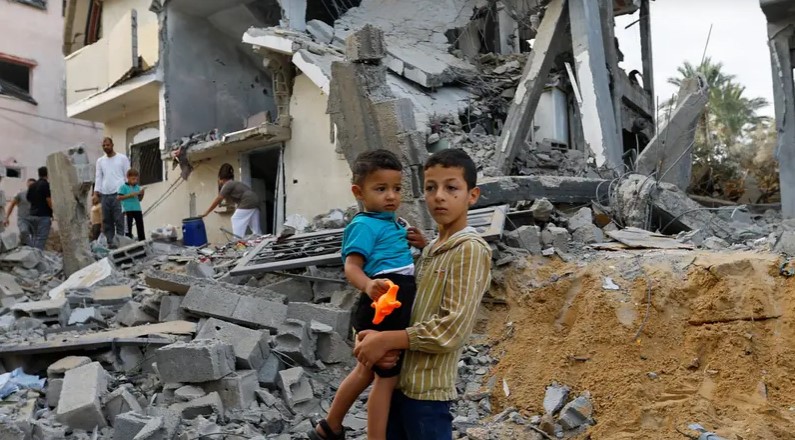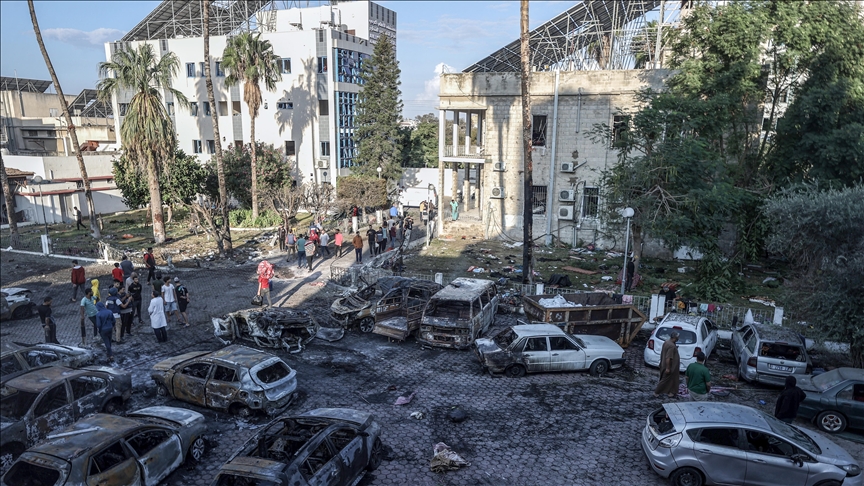Who Lives in Gaza, a small coastal enclave located on the eastern coast of the Mediterranean Sea, is home to a diverse population facing unique challenges and exhibiting remarkable resilience. Let’s delve into the lives of those who call Gaza their home.
Introduction
Gaza has a rich history that dates back centuries, with its strategic location attracting settlers and empires throughout the ages. Today, it is one of the most densely populated areas globally, with over two million residents confined to its borders.
Living Conditions in Gaza
The housing situation in Gaza is dire, with overcrowding and limited infrastructure. Many families live in cramped quarters, and housing shortages are exacerbated by periodic conflicts that damage homes and infrastructure. Economic challenges are rampant, with high unemployment rates and limited access to resources hindering economic development.
Social Structure and Family Life
Family ties are deeply ingrained in Gazan society, with extended families often living together to share resources and support one another. Education is highly valued, although access to quality schooling and employment opportunities remains a challenge for many.
Cultural Identity
Gazans take pride in their cultural heritage, which blends influences from various civilizations that have passed through the region. Traditional customs and celebrations are an essential part of daily life, and religious diversity adds to the cultural tapestry of the region.
Healthcare and Well-being
Healthcare facilities in Gaza struggle to meet the needs of the population, especially during times of conflict when medical supplies are limited. The ongoing stress of living under occupation has led to significant mental health challenges among residents.
Daily Life and Activities Who Lives in Gaza
Despite the hardships, Gazans find ways to enjoy life. Recreational activities include sports, music, and social gatherings. The cuisine of Gaza reflects its coastal location, with fresh seafood and traditional Palestinian dishes dominating the local menu.
Challenges Faced by Gazans
Political tensions and restrictions severely impact daily life in Gaza. Movement in and out of the territory is heavily restricted, limiting access to jobs, education, and healthcare. The psychological toll of living in a conflict zone cannot be overstated.
Community Support and Resilience
NGOs and international organizations play a crucial role in providing humanitarian aid and supporting local initiatives. Gazans have developed strong community networks and coping mechanisms to navigate the challenges they face.
Future Aspirations Who Live in Gaza
Despite the hardships, young people in Gaza harbor hopes for a better future. Many aspire to pursue higher education and contribute to rebuilding their homeland, envisioning a future free from conflict and filled with opportunities.
Conclusion
Living in Gaza is a daily struggle, yet the people of this resilient community continue to persevere amid adversity. Their strong sense of identity, cultural heritage, and unwavering determination serve as pillars of hope for a brighter tomorrow.
FAQs
What are the main challenges faced by Gazans?
Gazans confront numerous challenges, including economic hardship, restricted movement, and limited access to essential services due to political tensions and conflict.
How does the political situation affect life in Gaza?
Political instability and restrictions on movement profoundly impact daily life, affecting employment, education, and access to healthcare.
What is the role of NGOs in Gaza?
NGOs play a vital role in providing humanitarian aid, supporting community projects, and advocating for the rights of Gazans on the international stage.
What are the aspirations of Gazan youth?
Many young people in Gaza aspire to pursue education, employment, and contribute positively to their community despite the challenges they face.
How can outsiders support the people of Gaza?
Supporting initiatives that promote education, healthcare, and economic development can positively impact the lives of Gazans and contribute to long-term stability.










